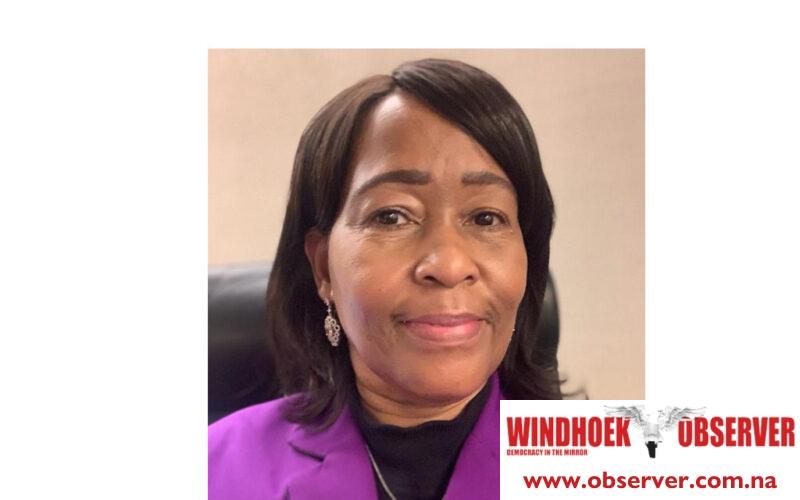Allexer Namundjebo
Attracting private sector investment of at least US$30 billion (about N$540 billion) per year into the water sector requires strong governance, institutional capacity, efficiency, and regulatory reforms, minister of agriculture, fisheries, water and land reform Inge Zaamwani has said.
Speaking at the just-ended AU-AIP Water Investment Summit 2025 in Cape Town, Zaamwani said the government is committed to turning Namibia’s water security challenges into opportunities for innovation and sustainable growth.
“This is one of the driest countries in sub-Saharan Africa, and climate change is intensifying our challenges. Yet, we are determined to turn these challenges into opportunities for innovation, partnerships, and sustainable investment,” she told delegates.
The minister said the cabinet has allocated 5% of the national budget to water and sanitation, amounting to N$2.8 billion.
The funds will focus on rural water supply and sanitation facilities for underserved communities.
The government has also secured N$4 billion in concessional loans from the African Development Bank and Germany’s KfW to finance large projects, including bulk water conveyance, rehabilitation of ageing infrastructure, and expanded sanitation.
Zaamwani highlighted the Noordoewer-Vioolsdrift Dam on the Orange River as a key regional project.
A US$2.5 million joint feasibility study, co-financed by Namibia and South Africa, is underway.
The project is expected to cost US$231 million, with investor participation being sought. She described the dam as vital for water security, ecological needs, and socio-economic growth in both countries.
She also spoke about plans for a coastal desalination plant to be developed under a public-private partnership.
The facility will supply water to coastal towns and the mining industry, reducing pressure on groundwater.
“Our investment drive is not limited to infrastructure. We are equally committed to building the institutional and technical capacity needed to operate and maintain infrastructure sustainably,” Zaamwani said.
She stressed the importance of governance, cost recovery, and skills development.
She said water security is tied to food, energy, health, and economic competitiveness.
She pledged to mobilise resources through domestic financing, grants, loans, and private partnerships.
Zaamwani urged faster investment across Africa, warning that infrastructure gaps must be closed to meet the United Nations (UN) Sustainable Development Goals (SDGs) and Africa’s Agenda 2063.
“Investment in the water sector is fundamental not only to securing universal access to safe and reliable drinking water, but also to enabling irrigation schemes that underpin food security, climate resilience, and socio-economic development,” she said.




